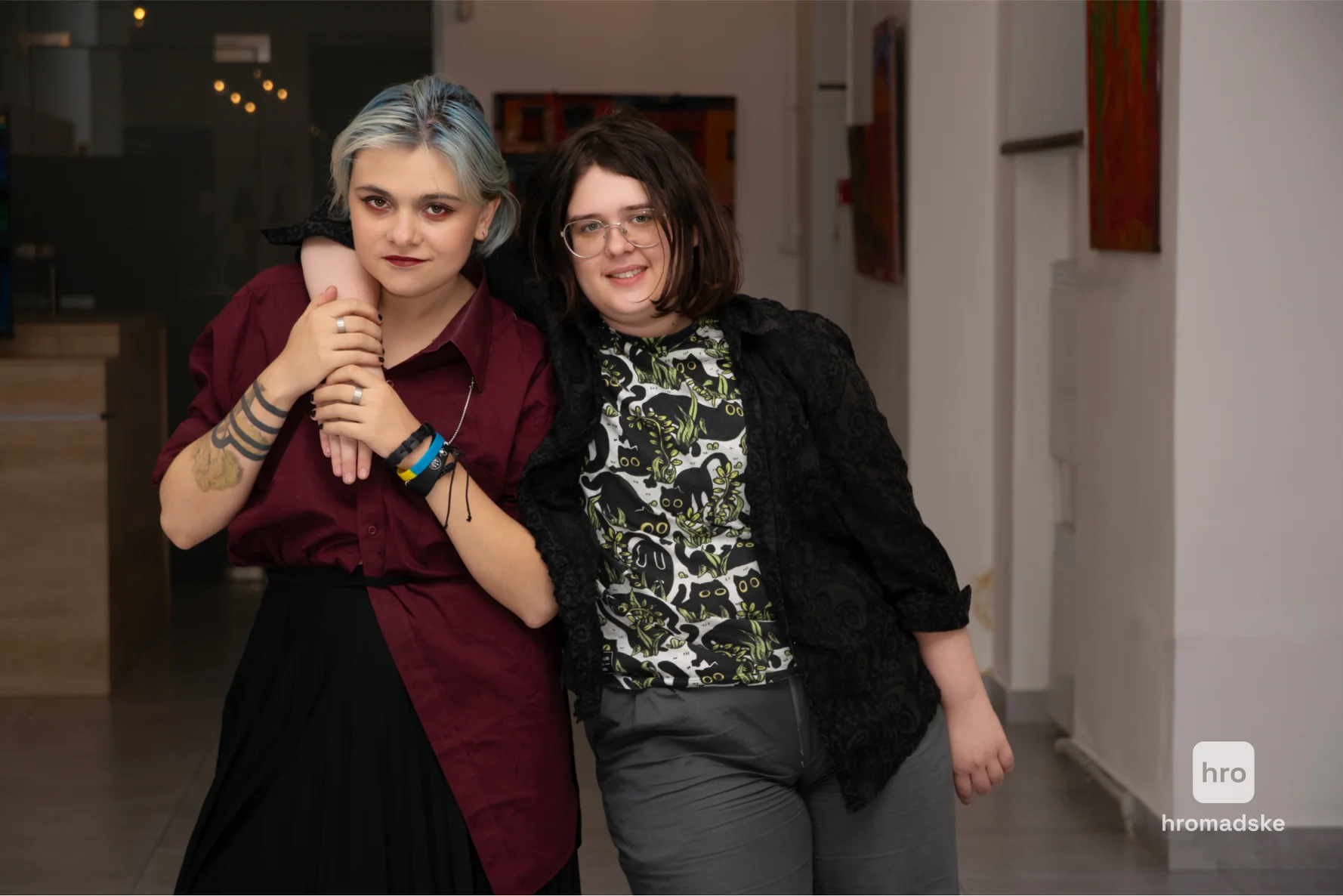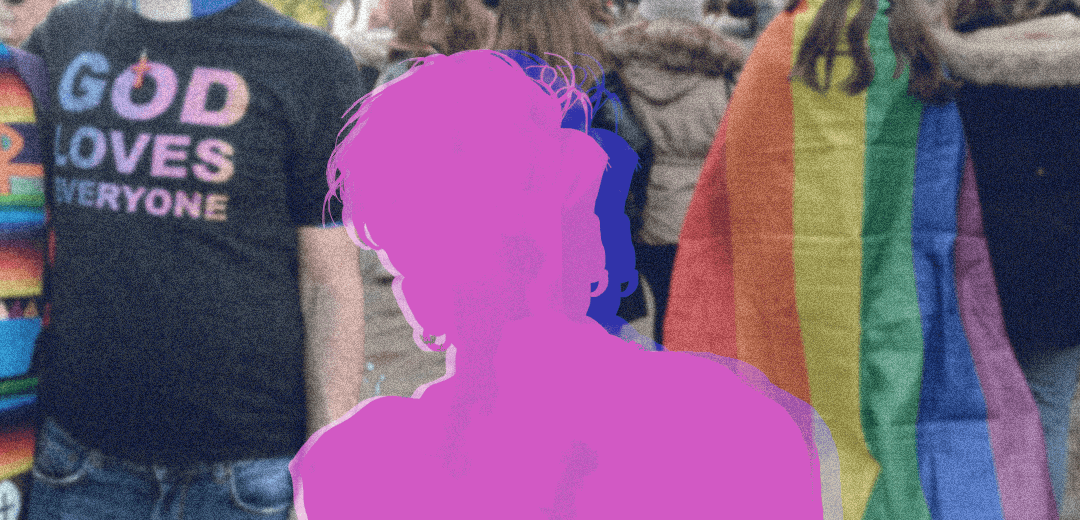“I Accept Myself with All My Features”: Ukrainian Queer Person and Her Identity in Catholic Poland
The text was originally published on Nash Vybir in Ukrainian and in Polish
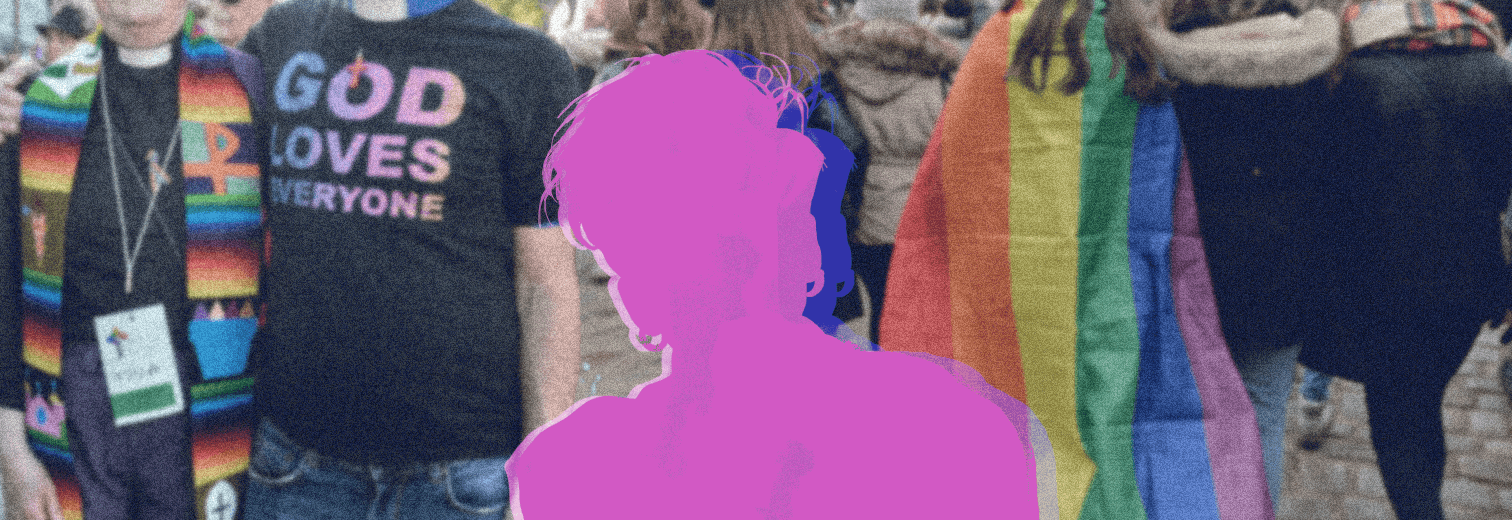
Many Ukrainian queer refugees arrived in Poland during the first months of the full-scale war, and many continue to seek refuge there. Ukrainians often express concern about the rights of the queer community in the context of Catholicism’s influence on Polish society and daily life.
This is the story of Natalia, who is 24 years old. She requested a pseudonym to maintain privacy and avoid potential judgment from her family regarding her pansexuality. Nevertheless, she agreed to share her story. This interview offers insight into queer individuals who live ordinary lives among us while navigating their place in the modern world. It presents a different, more down-to-earth perspective on queer Ukrainians in Poland.
Contents
When did you first realize you were attracted to more than just boys?
In the seventh grade, I developed feelings for a classmate with whom I was close.
How did you feel about your crush on your classmate? Was she aware of your feelings? How did you understand it then?
She was the first to confess her feelings for me. At first, I was shocked – not from disgust or opposition, but because I knew same-sex relationships often face harassment, violence, and rejection, even from the closest ones. My shock stemmed from that fear and the uncertainty of the unknown. She knew about my feelings; I showed her attention, we were inseparable both at school and outside it, shared an incredibly close bond, and went through all the trials of adolescence together. The relationship lasted over a year but ended abruptly and painfully.
Even after eleven years, I haven’t fully recovered from its end. Emotionally and romantically, it remains the most significant loss in my life. Despite this, I am not looking to rekindle that relationship – I love my partner and have romantic feelings only for him.
Does your partner know about your queer identity? How does he feel about it? Are you comfortable with the combination of your past and present?
He knows, and he has no issues with my identity. He doesn’t view it as something frightening, strange, or particularly interesting. I mentioned it during casual conversation, and he simply responded with something like: “Oh, okay, thanks for the info.” That was it. He’s at peace with it because we are in a trusting, healthy relationship.
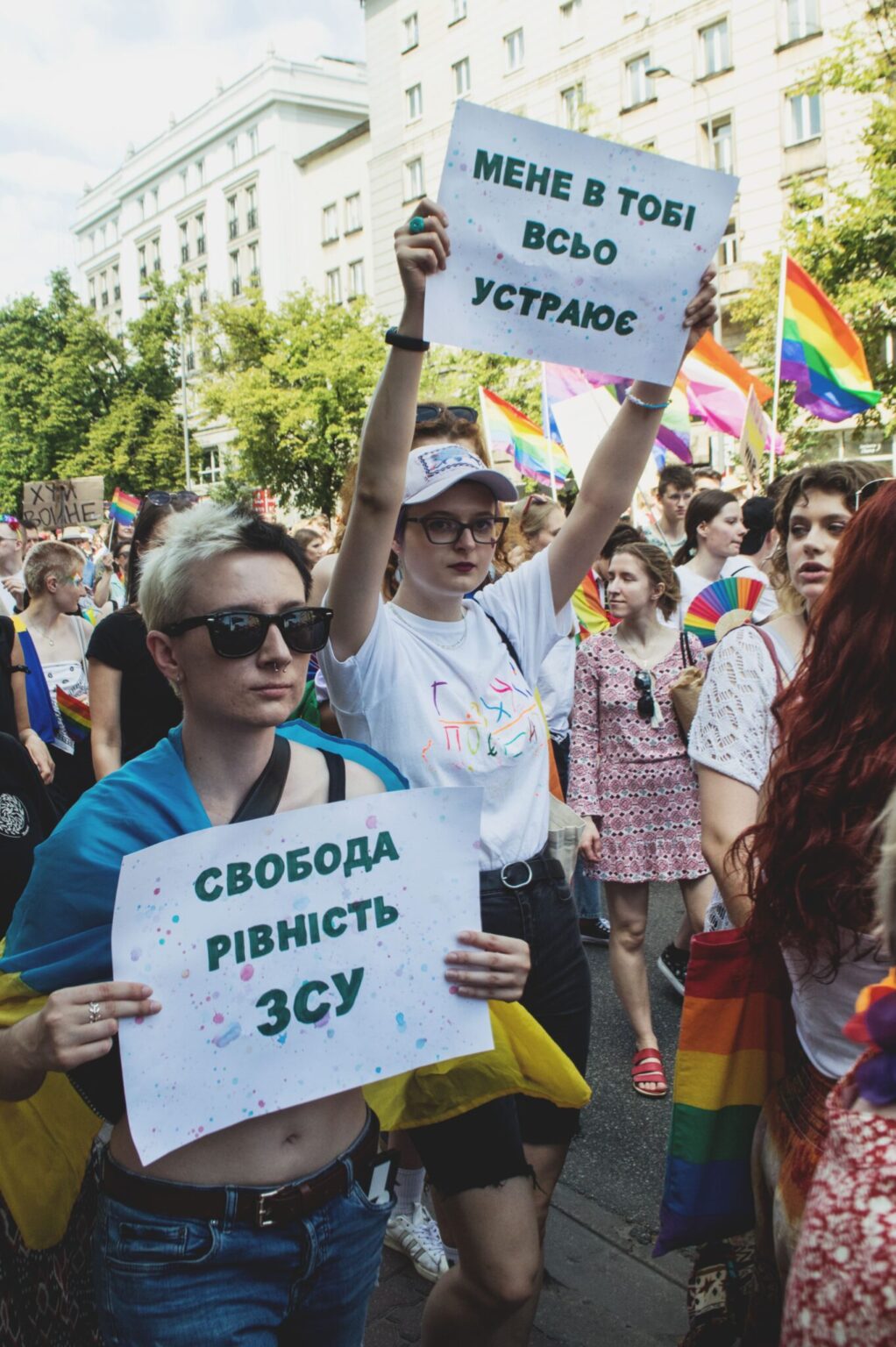
Pride parade in Warsaw. 2022. Photo: Oksana Kuzmenko / Nash Vybir
I’m comfortable with my memories and feelings. They’re a natural part of who I am, and I accept myself with all my features.
Being pan-romantic and demisexual
Your romantic and sexual orientations differ. Was it difficult to accept this, given how these aspects are often conflated in contemporary pop culture? What steps did you take to come to this realization?
Due to past trauma, sexuality is a very intimate and special matter for me. I believe relationships (both short and long-term) can exist without sex, which is why I identify as pan-romantic.
Being demisexual means that for me, sex without absolute trust and deep feelings is impossible. This is partly a consequence of very conservative sexual education.
How did conservatism manifest itself in your sexual upbringing? Did it stem from religion?
I was lucky that my religious relatives never emphasized concepts like “God’s slave” or divine punishment. My religious upbringing centered on principles of love, mutual support, and using faith to discover my best self.
I learned that God loves all his creatures, regardless of orientation, skin color, or other attributes. The core values in Christianity aren’t inherently frightening or bad.
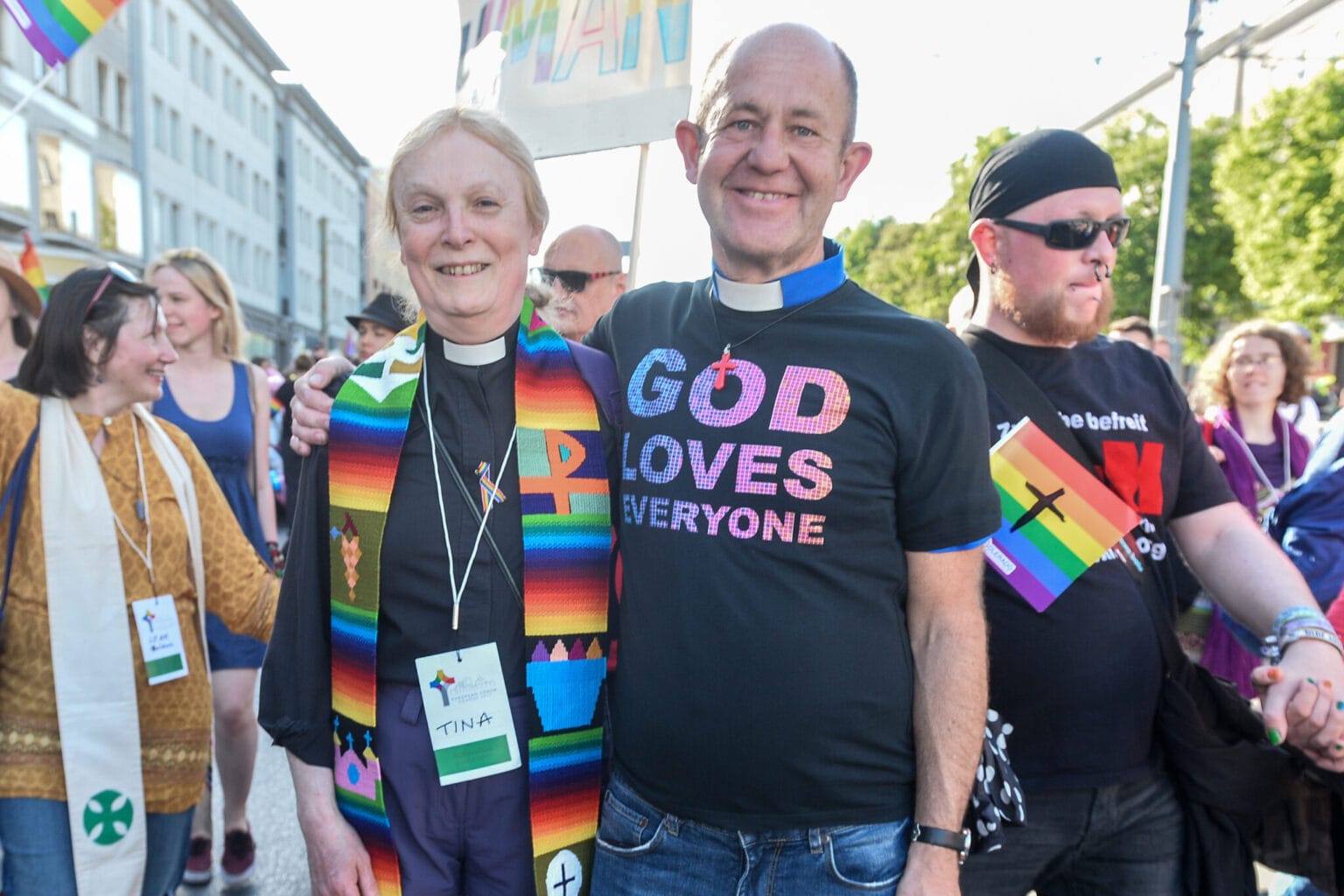
Pride parade in Gdansk. 2017. Photo: Lukasz Dejnarowicz / Forum
The conservative influence came from family members raised under communist ideology. In their view, sexuality was taboo – something discussed only in whispers, practiced in darkness, silence, and under covers. When I was a teenager, I didn’t talk to my mother about sex because she was shy and avoided the topic. The key messages I recall from my formative years were:
- Sex before marriage “ruins” a woman and brings shame to the entire family.
- Marriage is a once-in-a-lifetime commitment.
- Any intimate activity beyond the most traditional approach was considered deviant.
These narratives have changed among younger family members who now play an educational role.
What is your religious identity?
I identify as an Orthodox Christian. Faith in God is an important part of my daily life.
From Ukraine to Poland
Was it difficult to accept your queer identity while living in Ukraine? What were your feelings about it?
Yes, it was difficult. In Ukraine, only my best friend knew about my queer identity. I wasn’t looking for any relationships in general, let alone same-sex ones. I had “crushes” but suppressed them, knowing my family wouldn’t accept them. I focused primarily on my studies, leaving little energy or time for personal life.
How did you come to Poland?
I moved here in September 2021 to study.
Didn’t you worry about Poland’s reputation for strong Catholic influence? Did you consider the relationship between religious identity and attitudes toward queer people here?
I didn’t care because I was “in the closet”, so I didn’t expect to face negative consequences. I thought that Poland, being a European country, would not be very likely to harbor strong anti-queer sentiment.
Have you sought same-sex relationships in Poland? Did you fear discrimination or violence?
I’m very private regarding relationships and never actively seek them out. They’ve always developed naturally after extended periods of close communication. While I’ve been attracted to women and considered relationships with some, family judgment – both mine and potential partners’ – held me back. One woman I particularly liked was interested in same-sex relationships more for novelty and adventure, which suggested it wouldn’t lead to anything meaningful.
I never feared violence or discrimination.
Did your time in Poland confirm the stereotype about Catholicism’s influence?
Actually, during my studies, I encountered Polish youth open to diverse identities. Many friends were open about their orientation and conscientious about using correct pronouns. However, this openness existed mainly within the university environment. Outside that bubble, especially among older generations, attitudes differ significantly – something I learned through friends’ negative experiences and news reports.
Which of these stories left the strongest impression?
A friend described an incident at a church in her small hometown. During service, the priest delivered a sermon focused on divine punishment awaiting “homosexuals” after death. She recalled how the entire congregation enthusiastically supported this message.
How has living in Poland affected your queer identity overall?
Here, I feel more freedom to simply be myself. While I don’t hide my identity when it naturally comes up in conversation, I also don’t feel compelled to actively discuss it.
For me, this represents true normalcy – being who I am, just as straight people don’t feel the need to emphasize their attraction to the opposite sex. It’s simply part of who I am.
Do you participate in queer-related events in Poland?
No, since I’m not publicly out. However, I support equality marches.
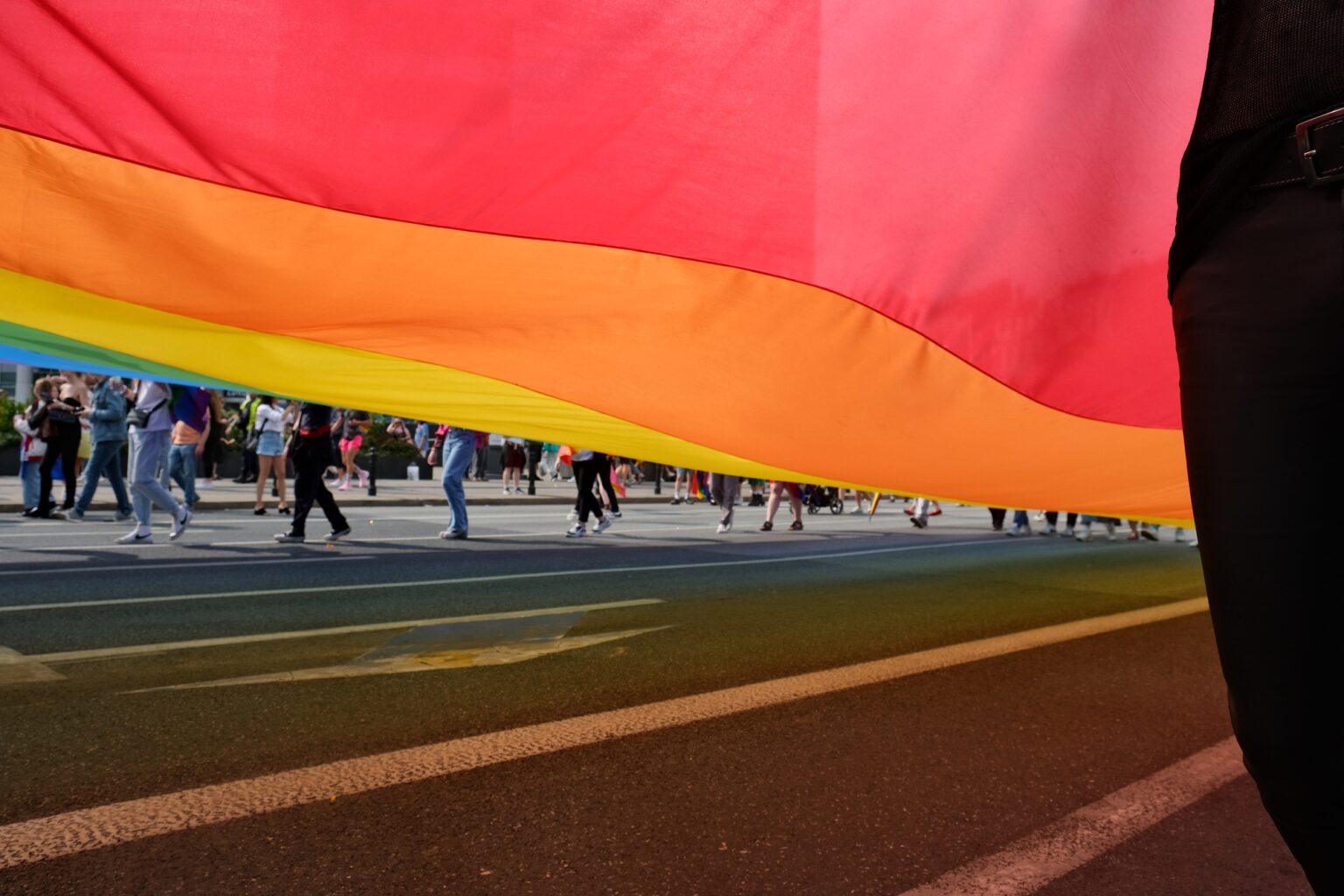
Pride in Warsaw, 2023. Photo: Daria Lobanova / Nash Vybir
On coming out and the future outlook
There’s ongoing debate about whether coming out should be encouraged. Some view it as important activism, especially for public figures, believing it empowers others. Others consider it an invasion of privacy or performative activism. What’s your perspective?
I believe coming out is a deeply personal matter. Not every coming out receives social acceptance or admiration, which challenges its effectiveness as activism. In today’s reality, where queerbaiting remains prevalent, public coming out can sometimes appear performative. This is purely my opinion.
Have you encountered anti-queer sentiment from Polish people toward yourself or others you know?
No, I’ve only experienced understanding and support. However, my social circle here, both Ukrainian and Polish, remains small.
Do you see progress in Poland’s attitude toward the queer community?
I see progress when it comes to condemning ultra-conservatism in Poland. Since 2024 is my first year under Tusk’s government, it’s too early to draw conclusions.
How do you view the new Polish government’s approach to queer issues?
So far, Tusk’s government hasn’t passed any significant laws affecting queer rights in Polish society. A democratic label doesn’t automatically guarantee progressive policies. The conservative opposition is still extremely popular.
Read more from the Issue
Nothing Found
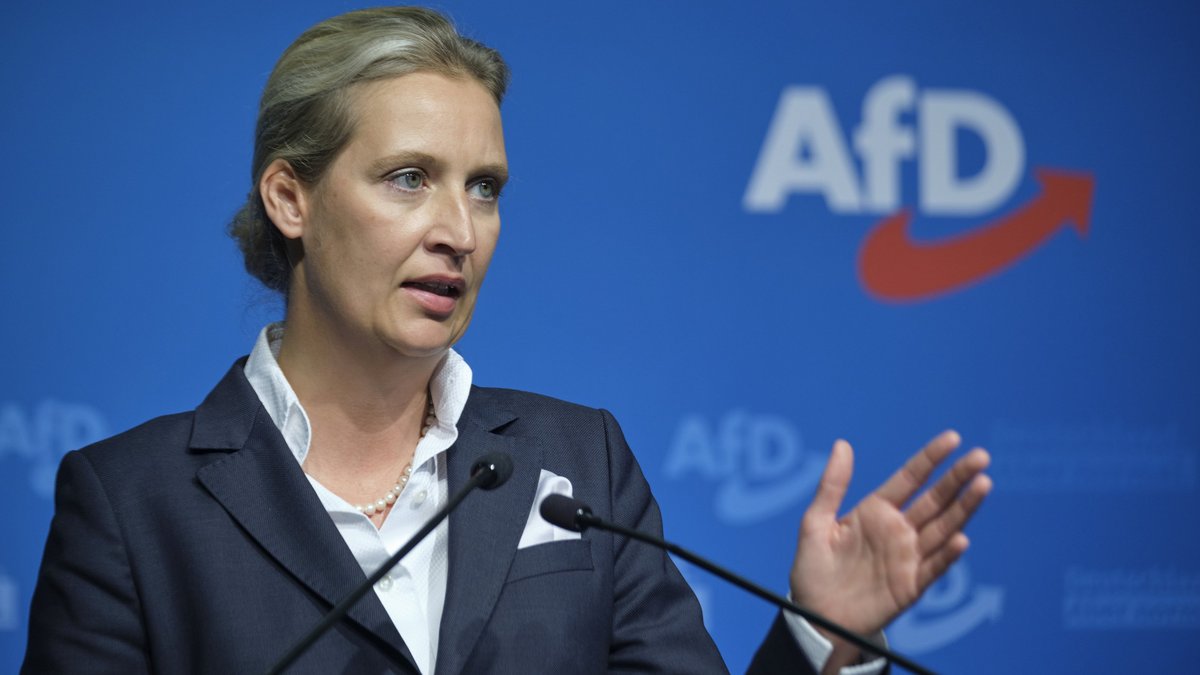
Queer Fronts
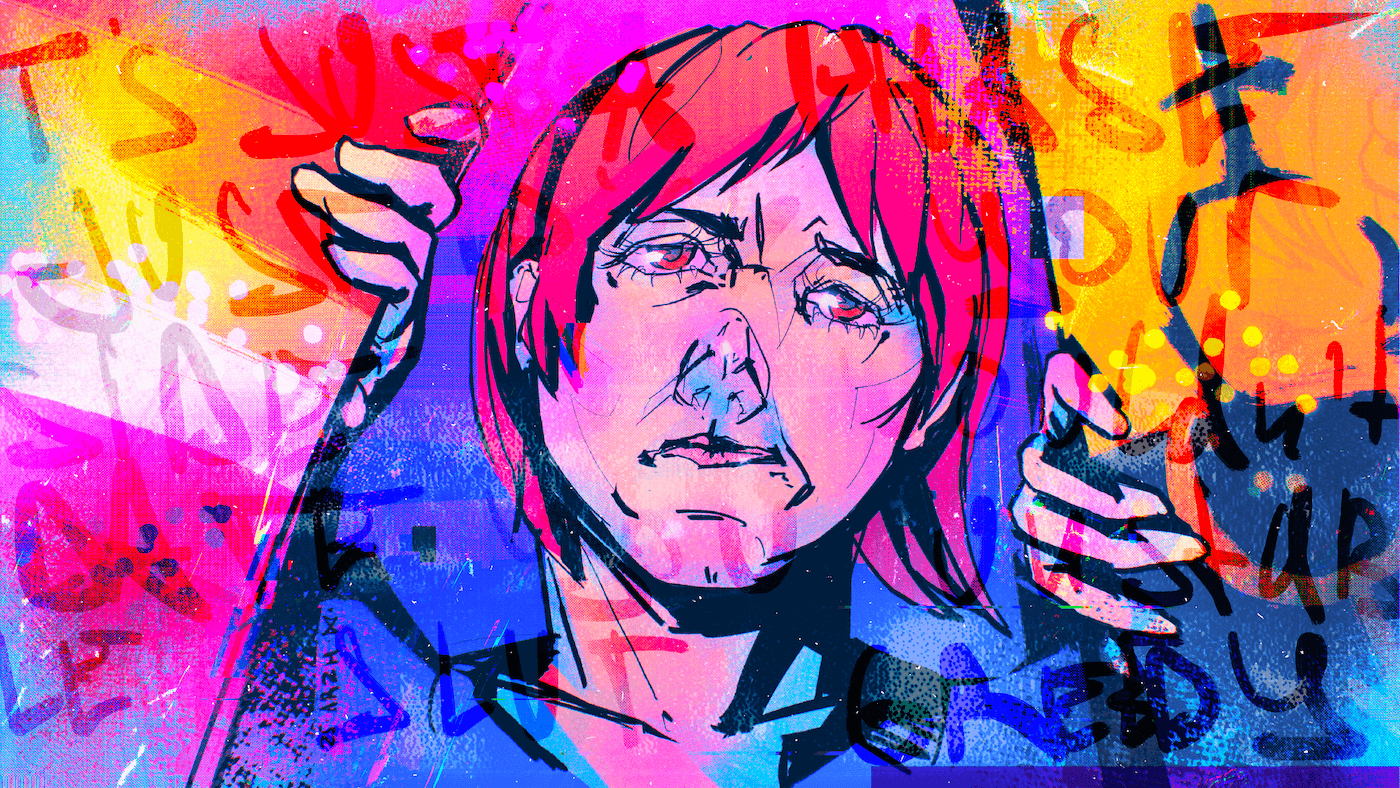
Moving Stories: LGBTQIA+ Ukrainian Refugees
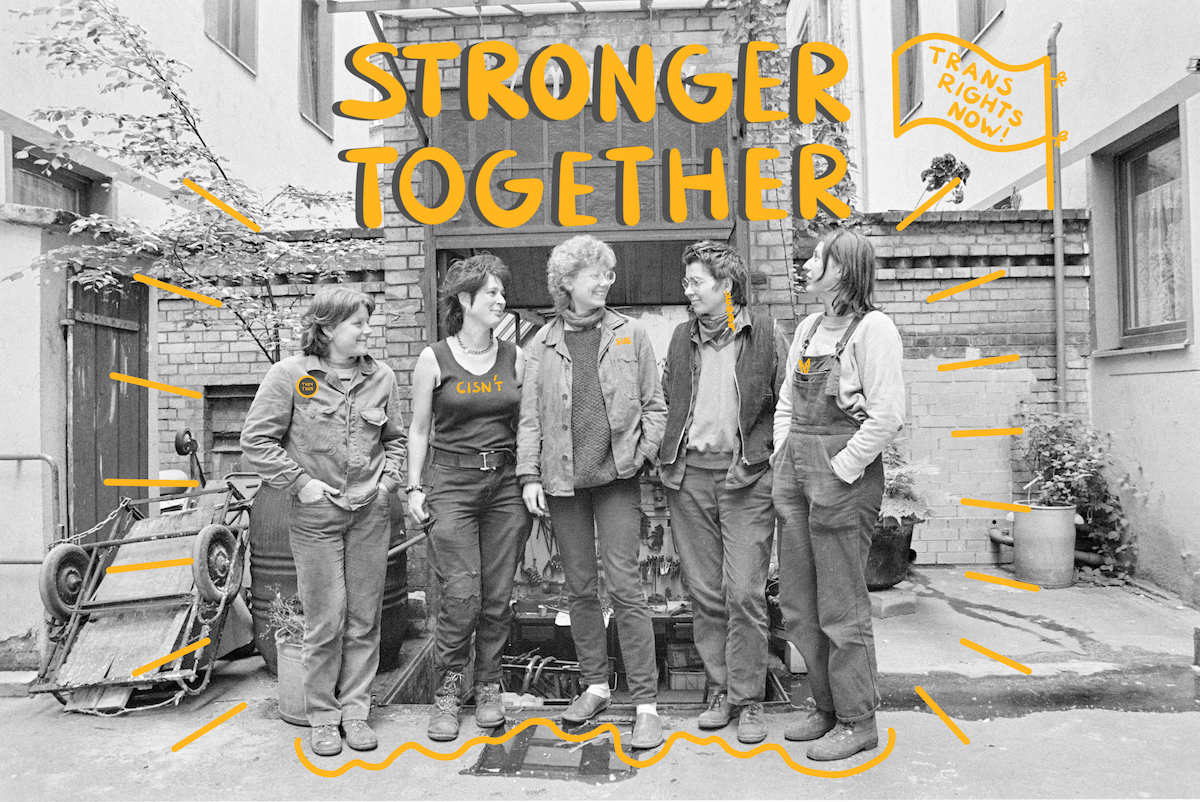
Beyond the Binary
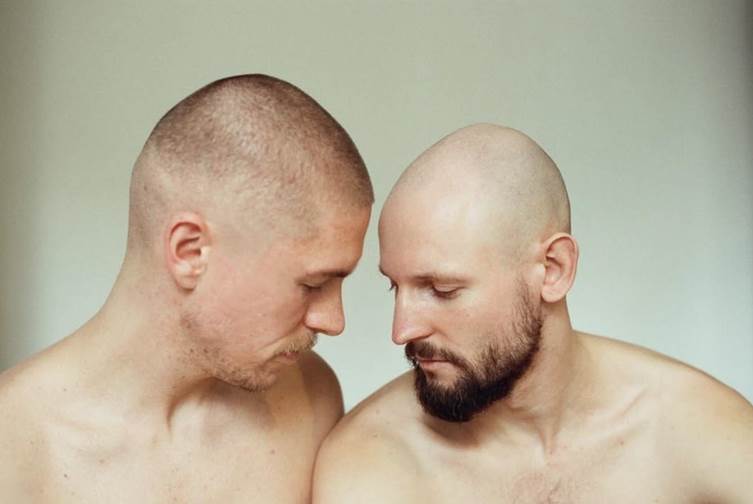
Queer Rights and Marriage Equality Under War, Authoritarianism, and Democracy
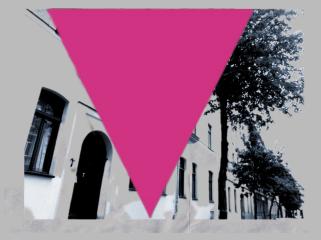
Gaps in Remembrance – Queer Biographies during National Socialism
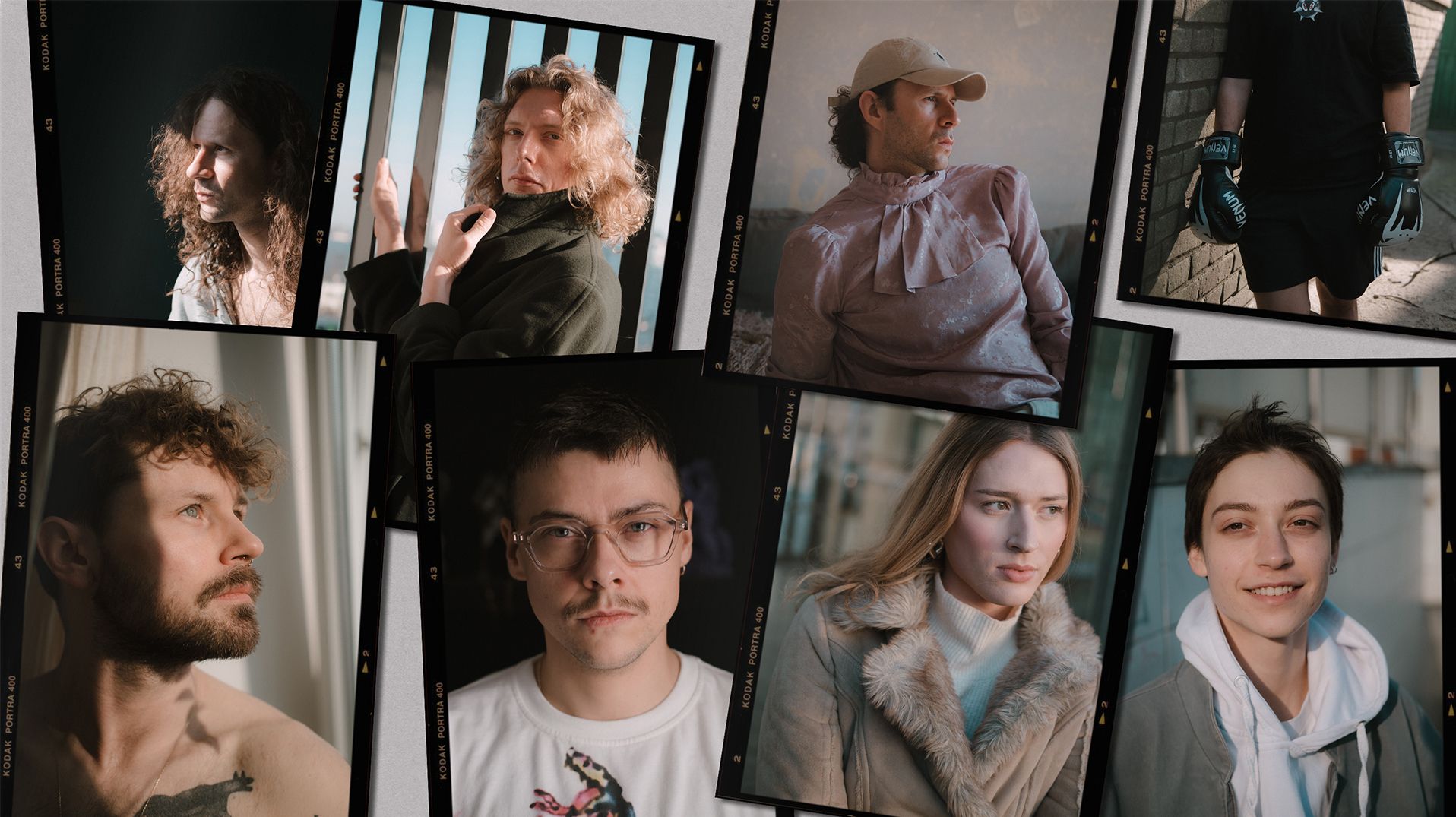
Queer and Trans People Have Always Been Here. These Are Their Stories
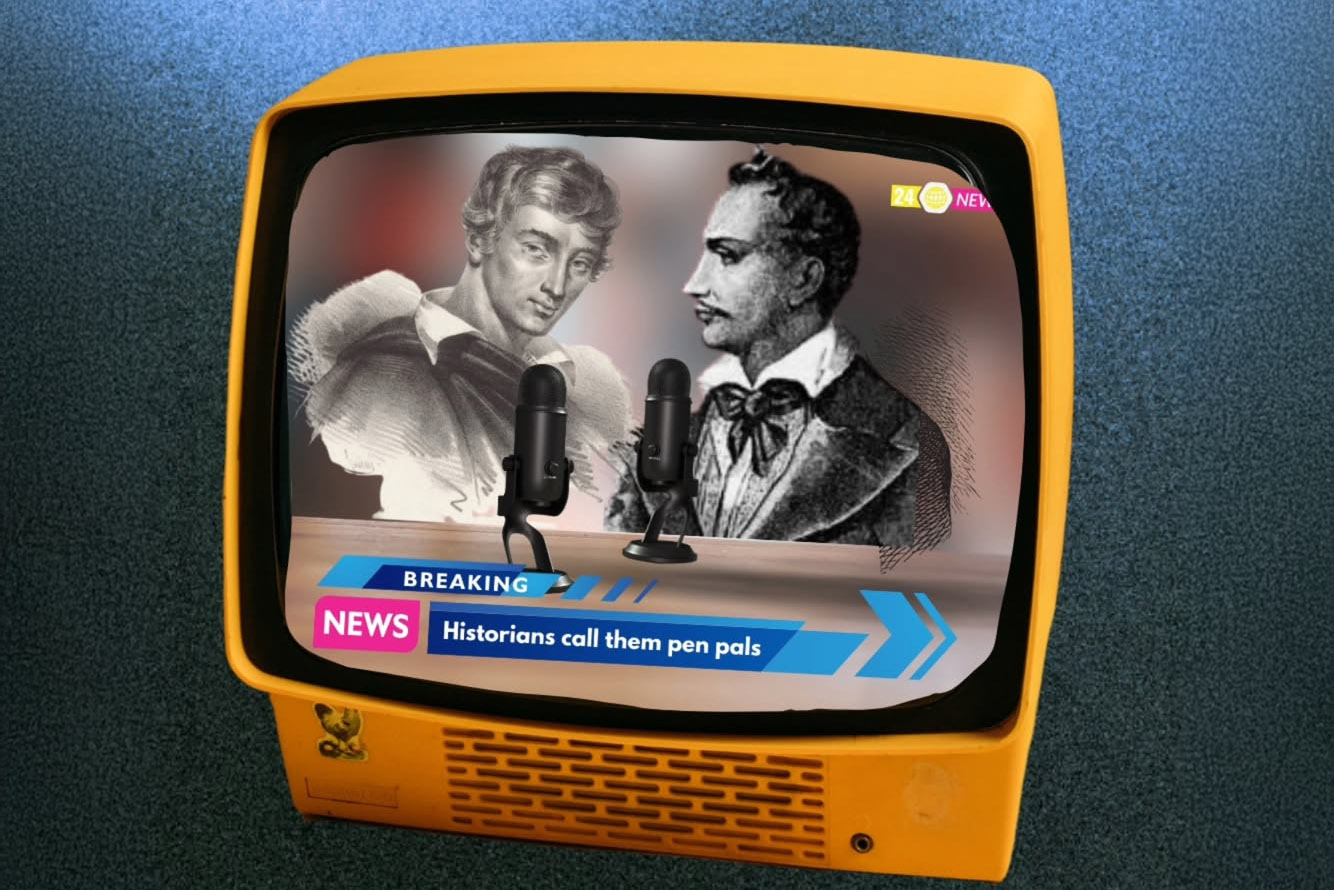
New Stories from Eastern Queerope
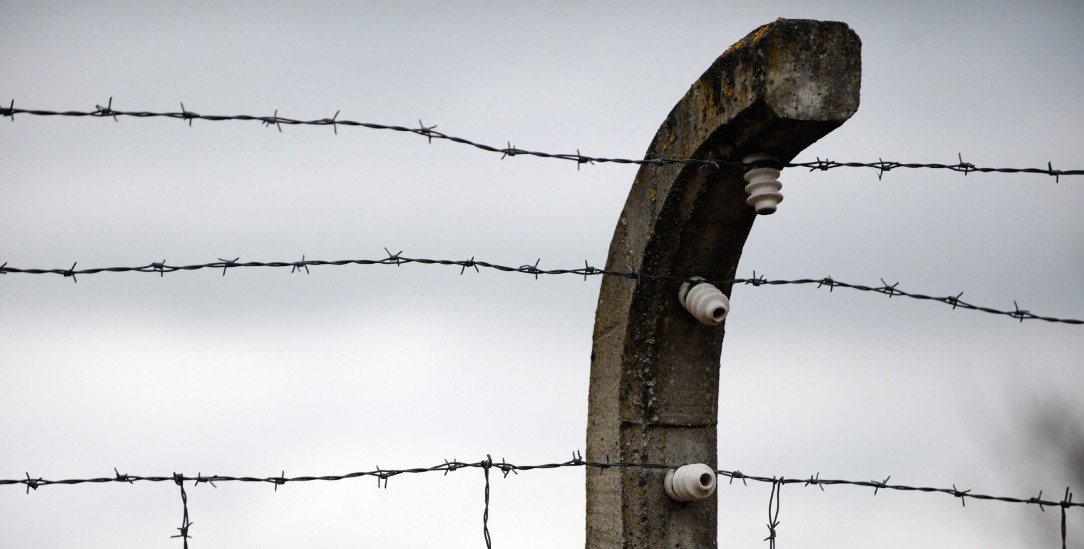
The Prisoners with the Pink Triangle
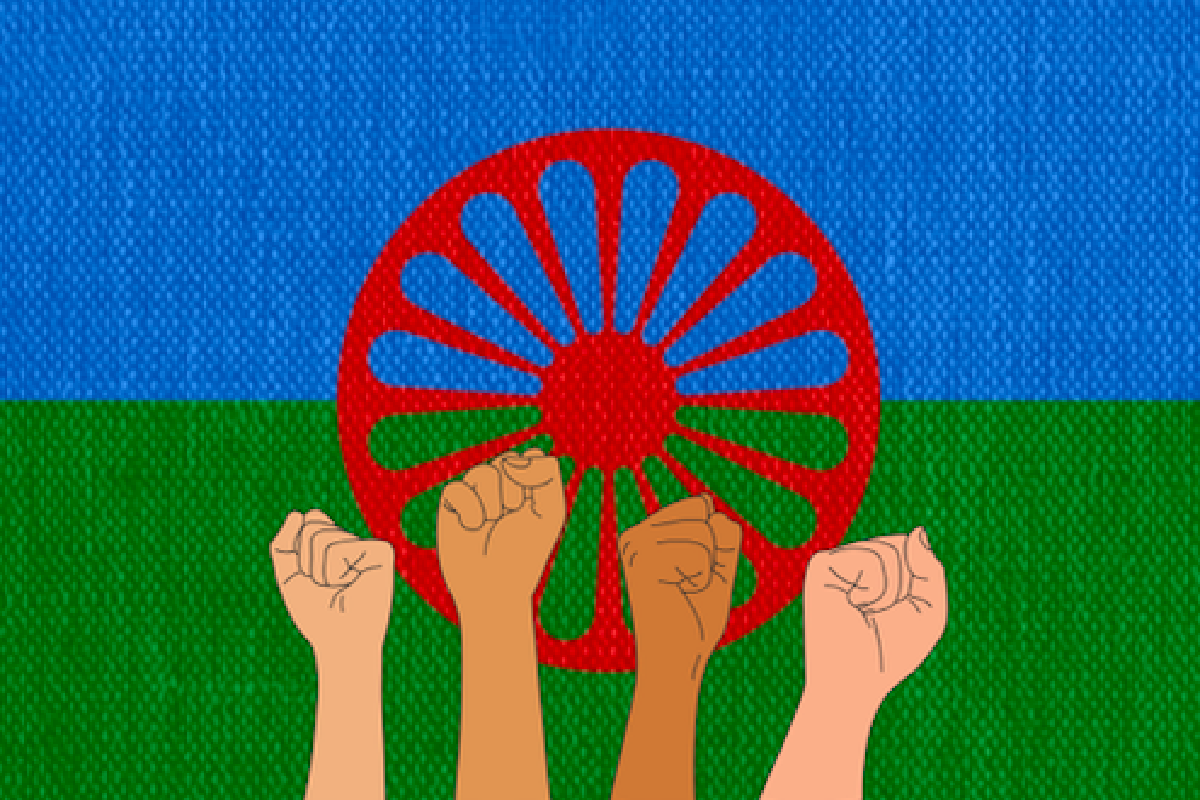
Queerly Beloved: Romani and Sinti Resistance Through the Ages
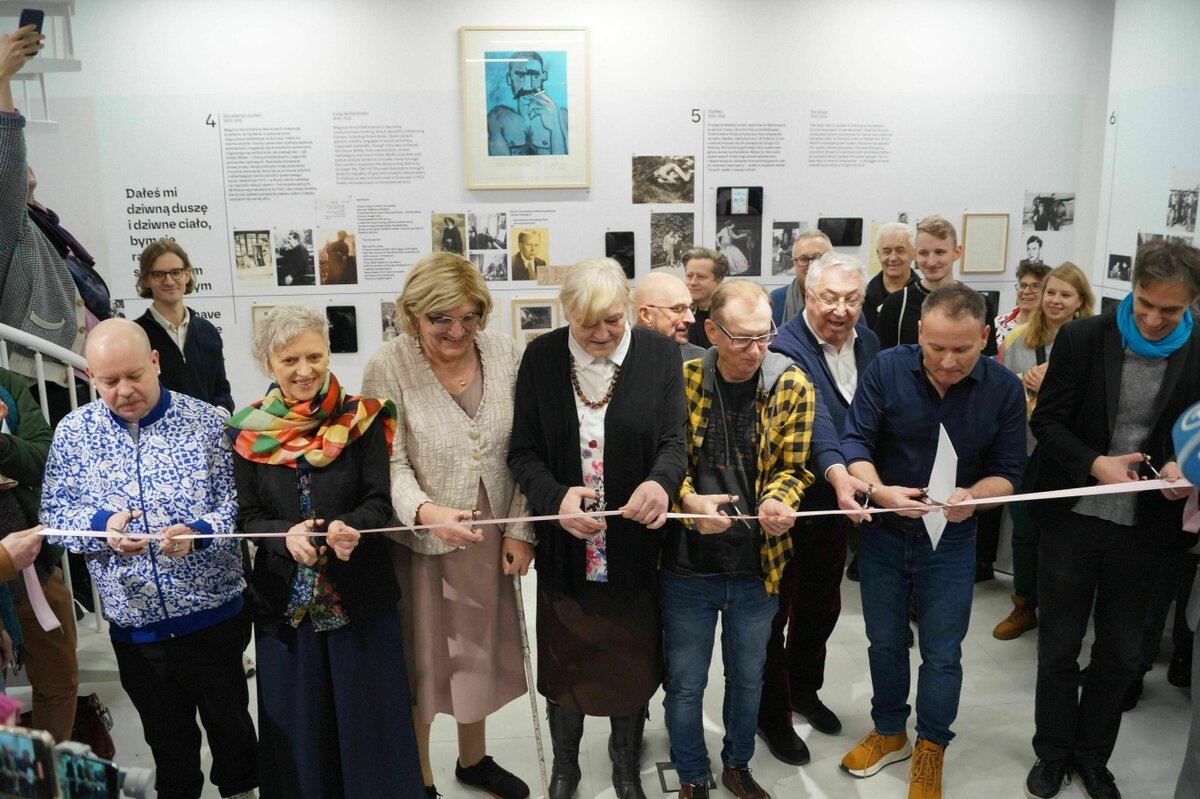
Intertwined Queer Stories: First LGBTIQ+ Museum in Eastern Europe
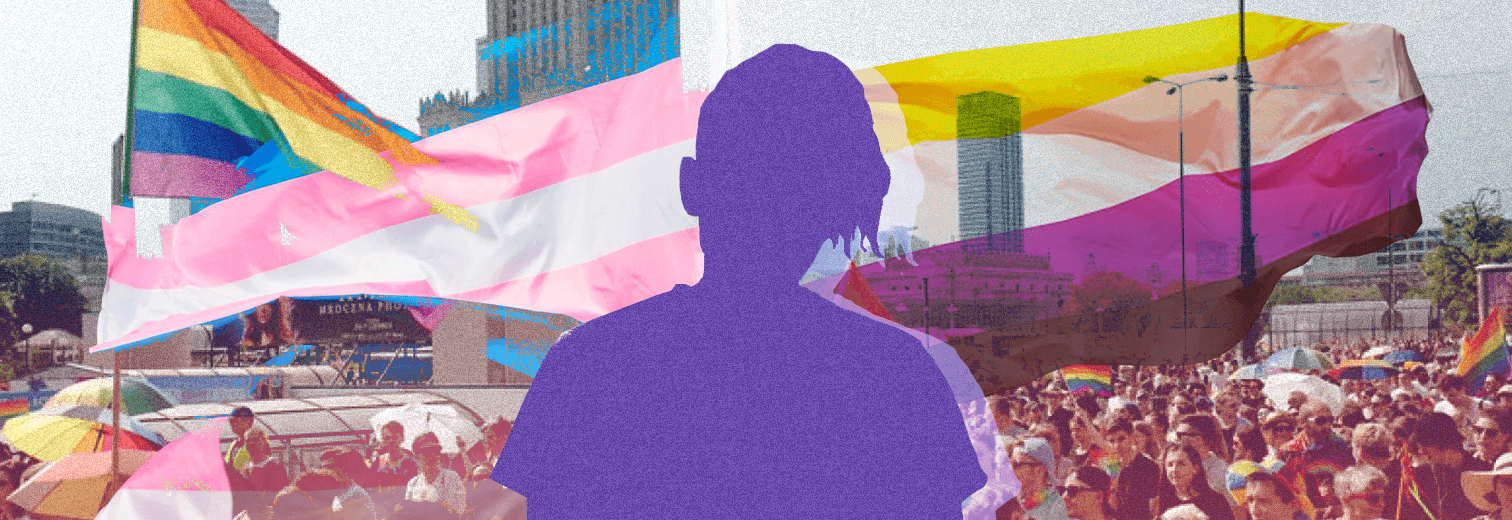
“The Smaller the Settlement, the Greater the Influence of Religion”: Belarusian Trans Non-Binary Activist in Poland
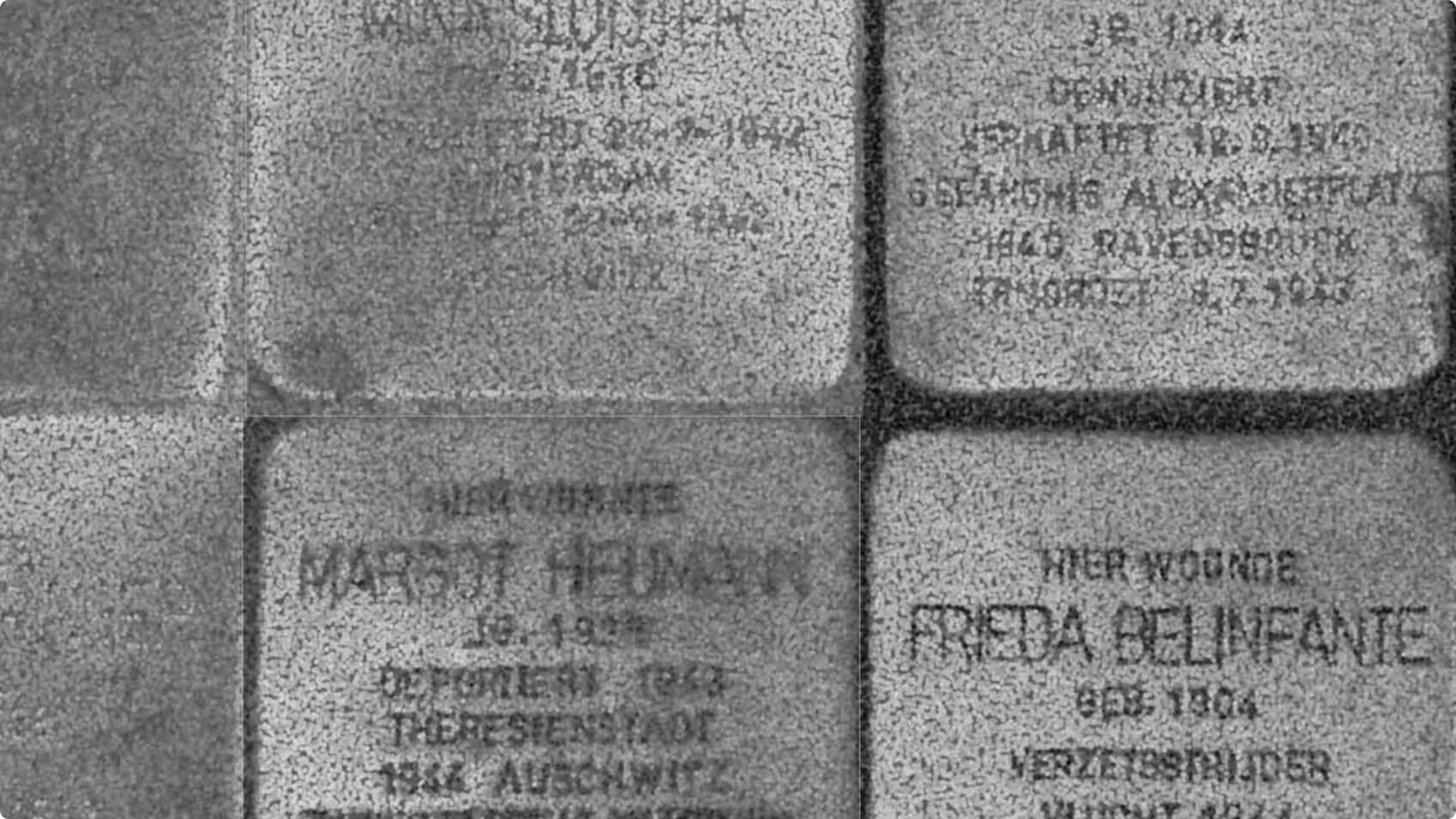
Queer Holocaust Voices – the Price of Silence
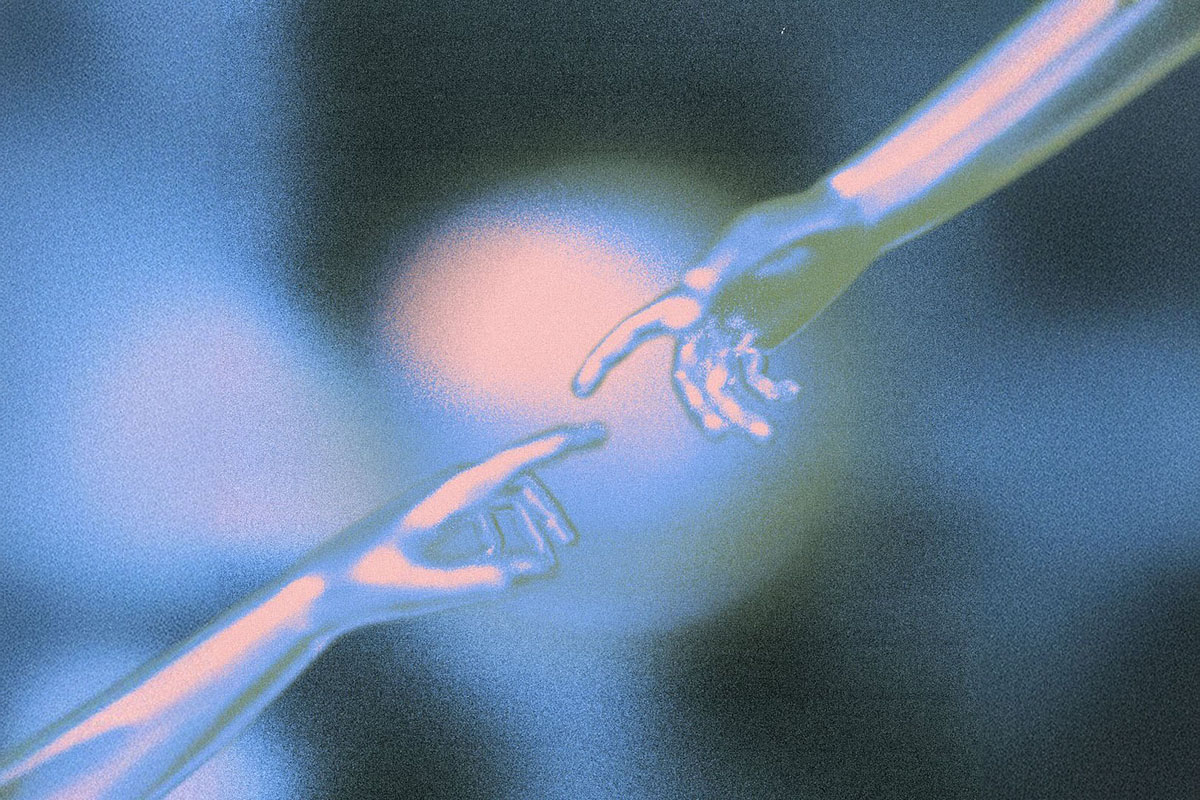
Forgotten Stories of Eastern European Queer Heroes
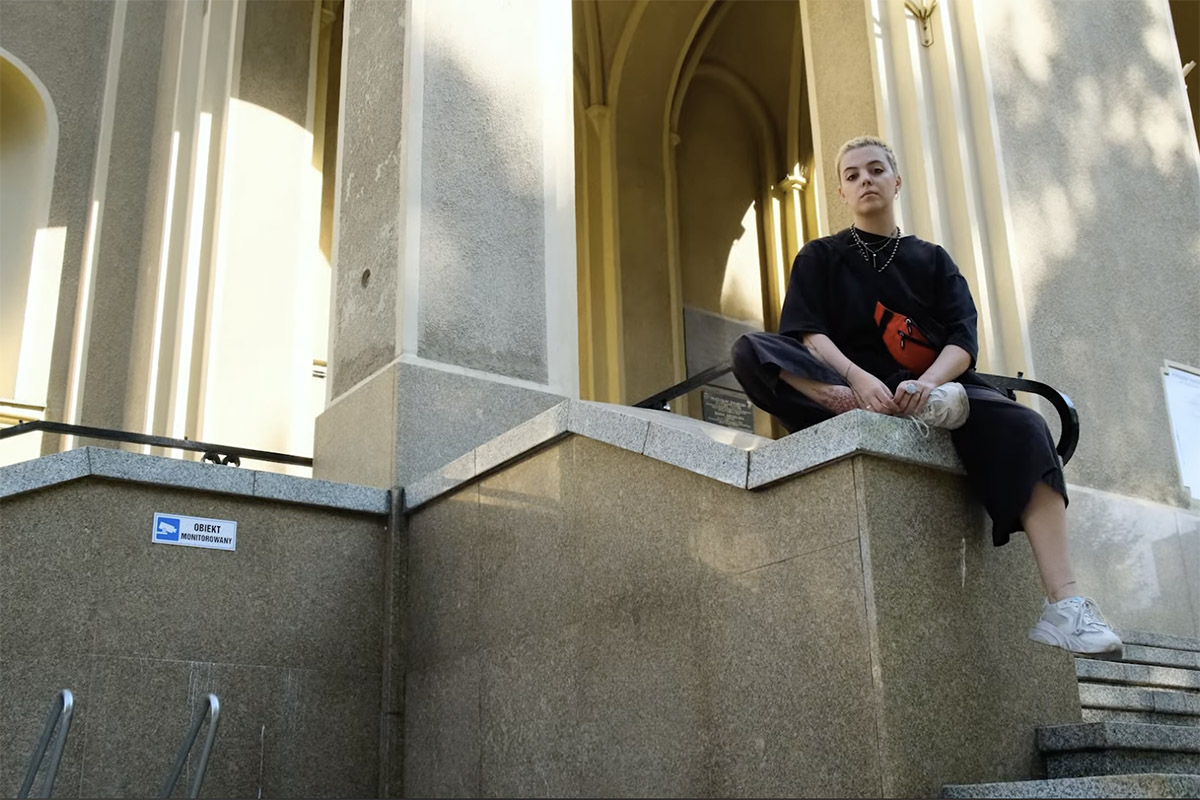
Belarusian on Bisexuality, Theatre and Emigration
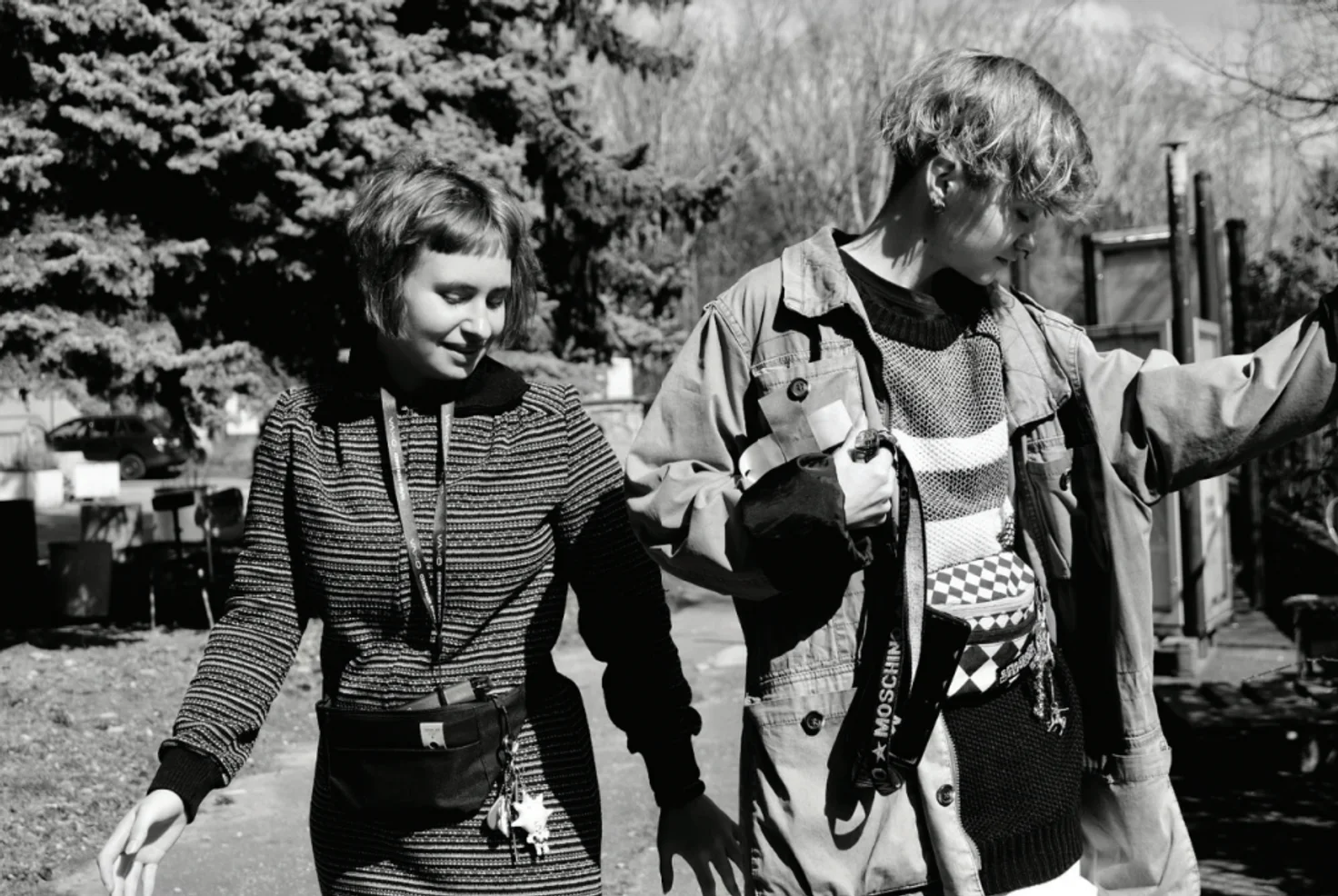
Shelters, Help and Support: How Uzhhorod Became a New Home for Queer People
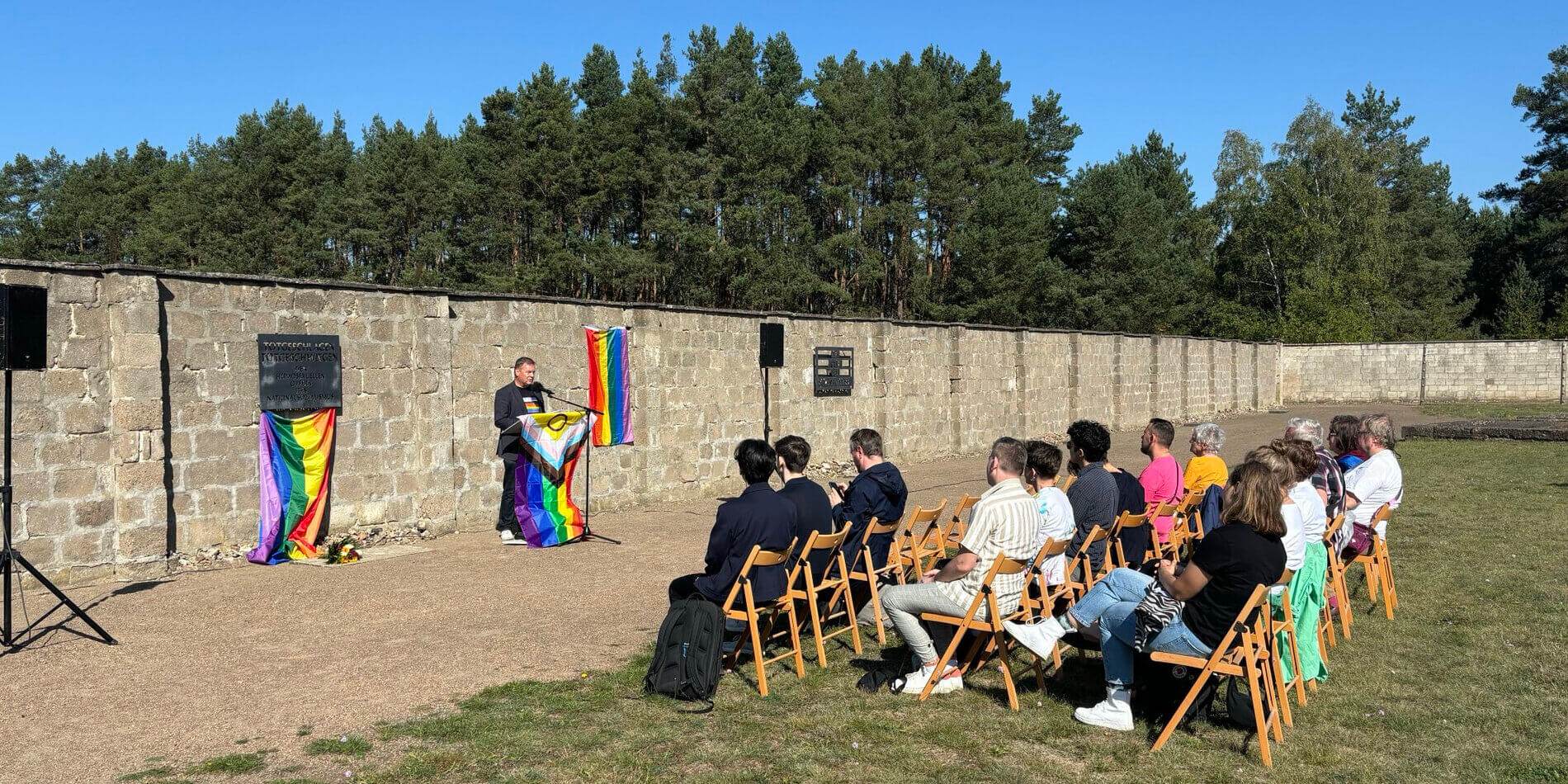
Diversity in Brandenburg: Queers Take a Stand
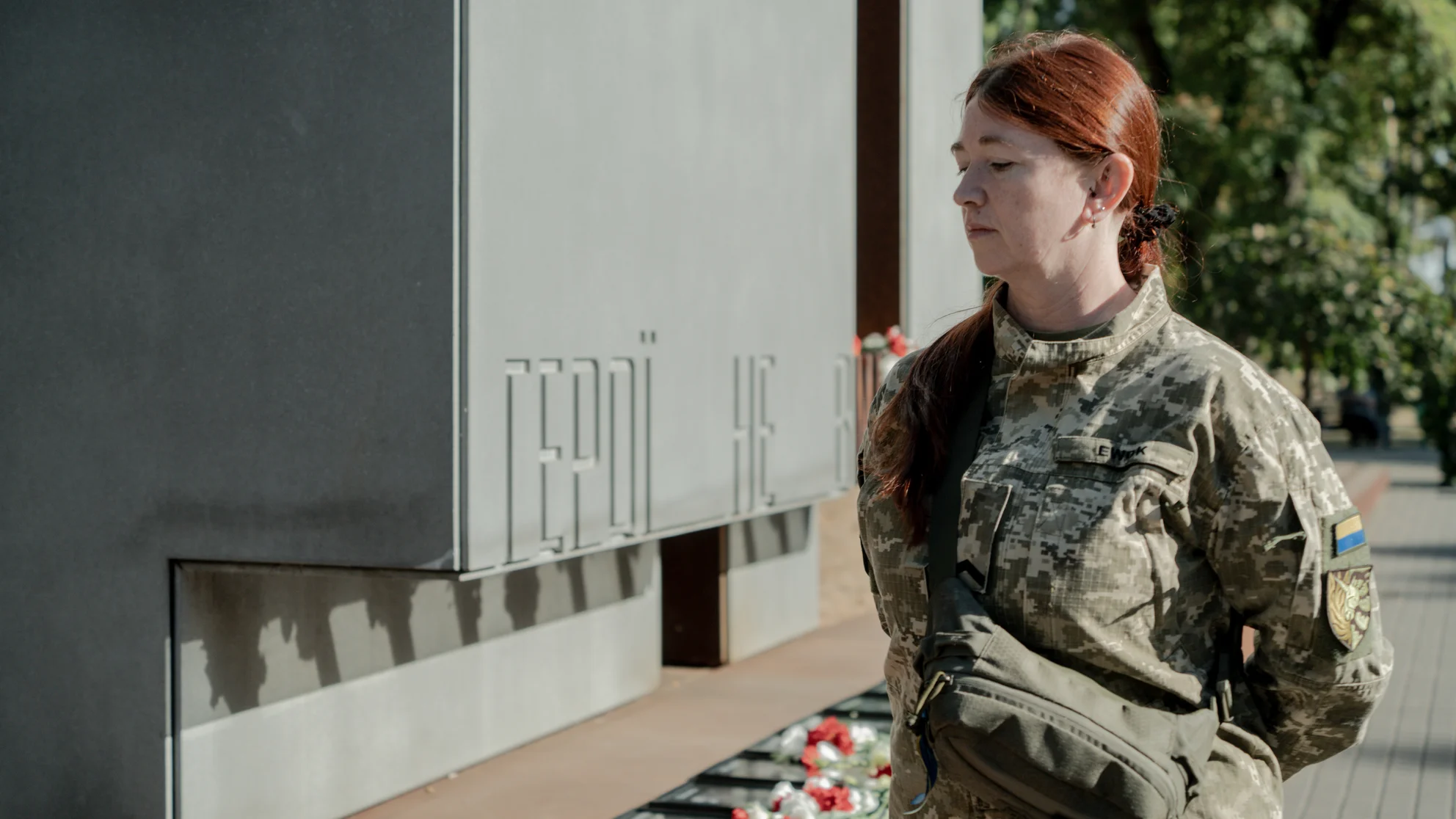
Being Yourself. How Kharkiv’s LGBTQI Community Fights for Their Rights
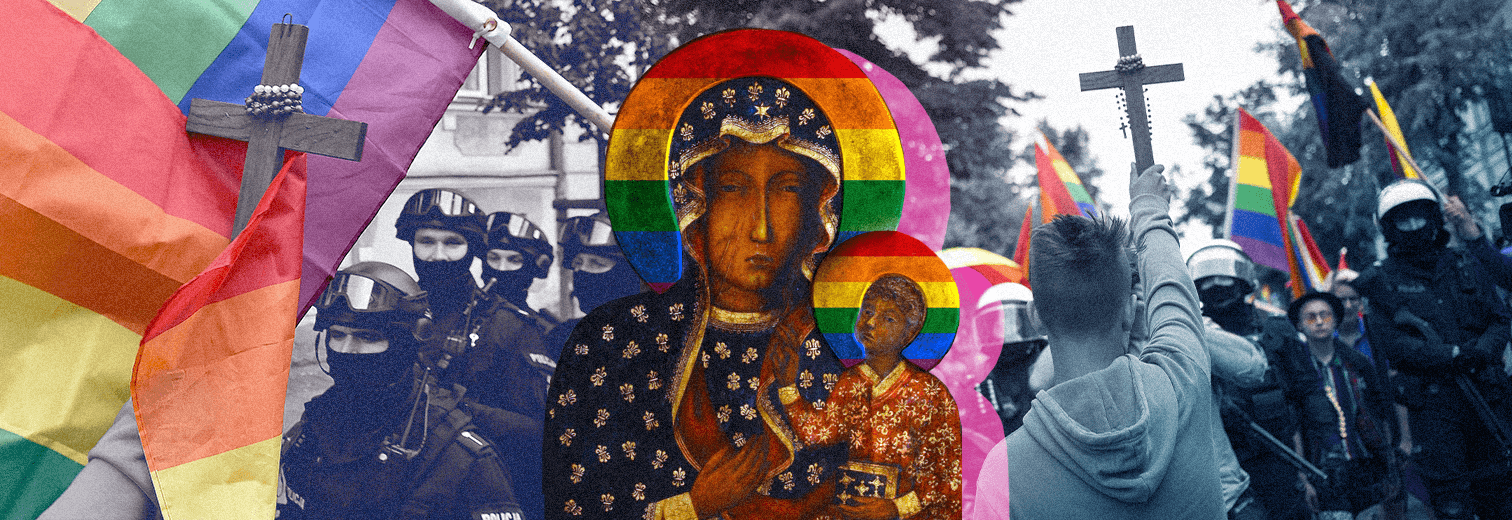
Queer in One of Most Catholic Countries in Europe: Stimulus or Hindrance?
